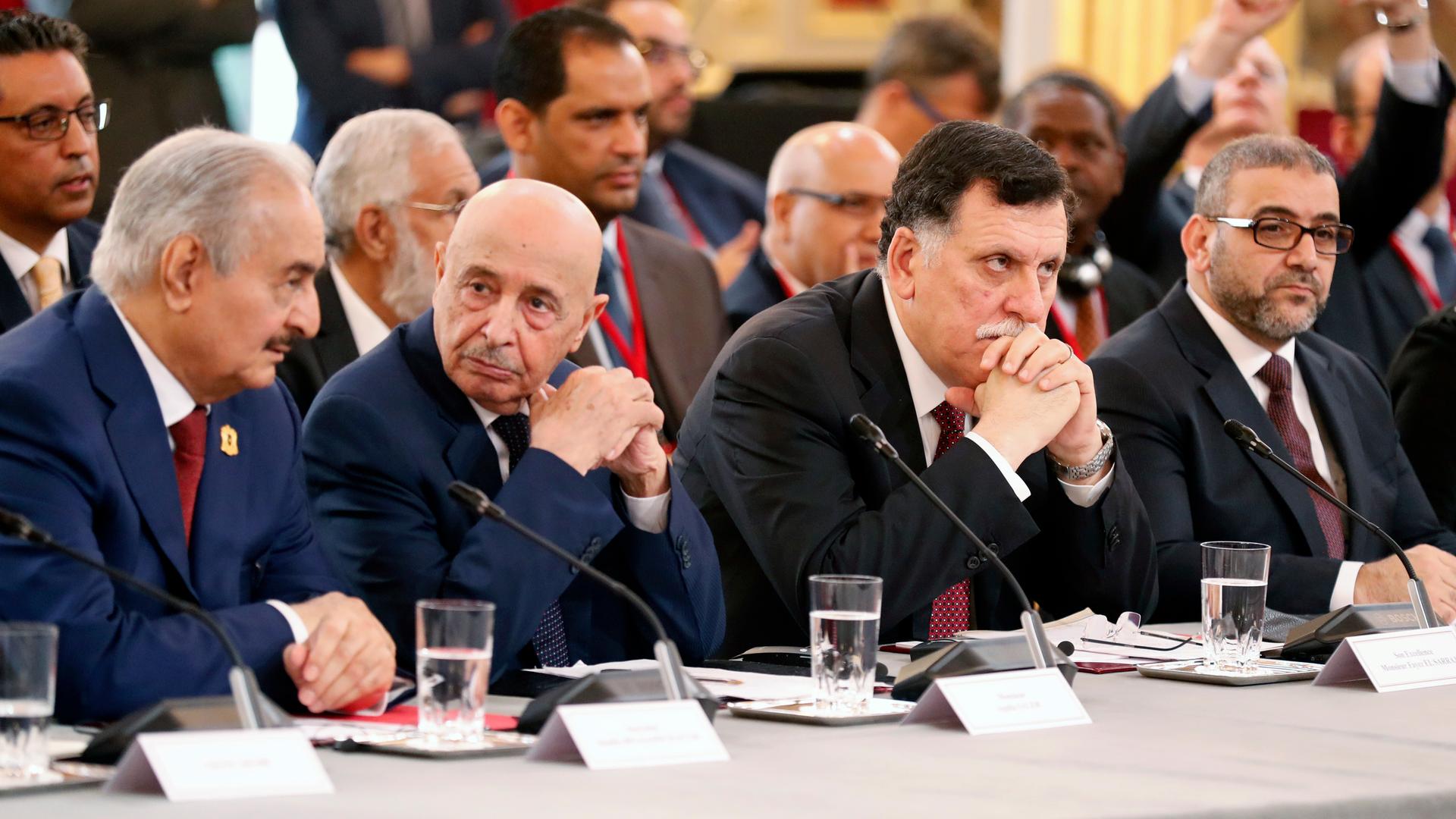It is time for international powers to end their short-sighted action in Libya and step up to find a solution to the civil war.
Owing to its geostrategic importance and abundant energy resources, the Middle East has been the centre of attraction for major powers. As a result, this region has been so convulsed by regional turmoil and internal conflicts that it has become the epicentre of global instability.
While international forces have tried to find solutions to the conflicts, they have by and large failed and peace remains elusive. Why are there so many conflicts taking place in the Middle East? There is no single, simple answer to this question.
The region lies at the crossroads of multiple rivalries and conflicts, and the Arab Spring led to multiple waves of violence and upheaval. The conflicts in Libya, Syria, Yemen, and other countries have claimed the lives of hundreds of thousands and displaced millions of people internally and overseas, causing a major refugee crisis beyond their borders.
The current conflicts are likely to continue for a long time as regional and international players attempt to meet their strategic objectives through supporting autocrats – it’s easier to deal with a strongman than with democracies that are beholden to the people’s will.
Libya is in the midst of a bloody civil war following the toppling of Muammar Gaddafi in 2011. Since then, hopes of democracy, stability and growth have been elusive. In many respects, it is considered a failed state that is unable to exercise nationwide authority with competing forces claiming to rule the country.
The toppling of the Gaddafi regime gave rise to several domestic, regional and international problems. The destruction of Libya’s government resulted in a power vacuum, widespread violence, human rights abuses, a refugee crisis, exacerbated tribalism, economic uncertainty, and the collapse of social welfare systems.
The post-Gaddafi era led to severe, unintended consequences, causing regional turmoil, including massive civilian displacement and the creation of an environment conducive to terrorism. Today, Libya is fragmented and polarised, caught up in instability and insecurity.
Although the United Nations’ attempts to reach a negotiated solution between rival groups and forces, Libya remains divided. The role of foreign states in Libya’s civil war has long been murky, yet considerably influential.
The interference of some international powers and regional actors has been a significant factor in deepening political fragmentation and polarisation. Interventions designed to serve foreign states’ political or regional interests have been a constant feature of the country’s post-revolutionary conflict.
The UN-backed Government of National Accord (GNA), headed by Fayez al Sarraj and created by the Libyan Political Agreement (LPA), is the internationally-recognised executive body. Furthermore, the GNA was endorsed by the UN Security Council as the legitimate authority.
However, some countries, including France, UAE, Egypt and Russia have supported the warlord Khalifa Haftar, a military strongman in Libya who controls much of the east and commands the self-styled LNA.
While Haftar has been provoking an all-out military conflict in Libya and refusing any political settlement, his international backers continue to provide him with significant political, financial, and military support.
Several peace conferences have been organised but these gatherings tended to favour Khalifa Haftar. It’s no surprise then that these events had little success. Now, Germany is organising a peace conference in coordination with the United Nations to bring together major stakeholders of the Libyan civil war. If Berlin manages to stay clear of internal Libyan politics and gather all international and regional forces, this effort could offer the opportunity of a diplomatic breakthrough.
The laudatory ongoing German effort is, sadly, the exception rather than the rule. More often than not, international powers either promote a self-serving agenda or avoid any engagement altogether.
At this important juncture, it is imperative for the international community to step up its diplomatic engagement towards peace not just in Libya but also elsewhere in the region.
Author: Ferhat Polat
Ferhat Polat is a Deputy Researcher at the TRT World Research Centre. He is a PhD researcher in North African Studies at the Institute of Arab and Islamic Studies in Exeter with a particular focus on Turkish Foreign Policy.
Source










Discussion about this post